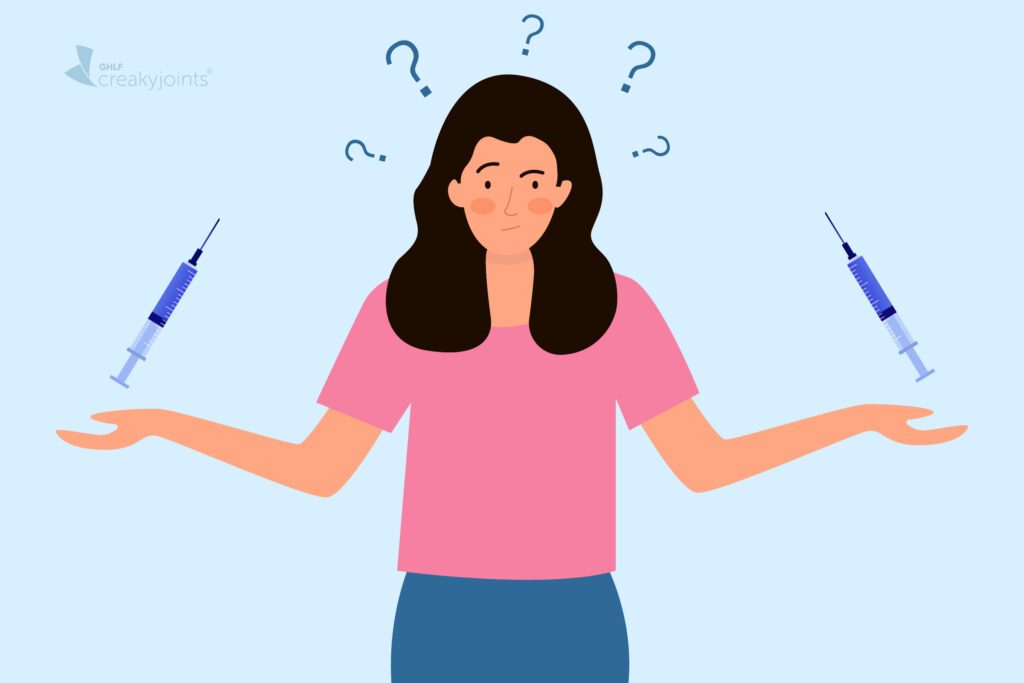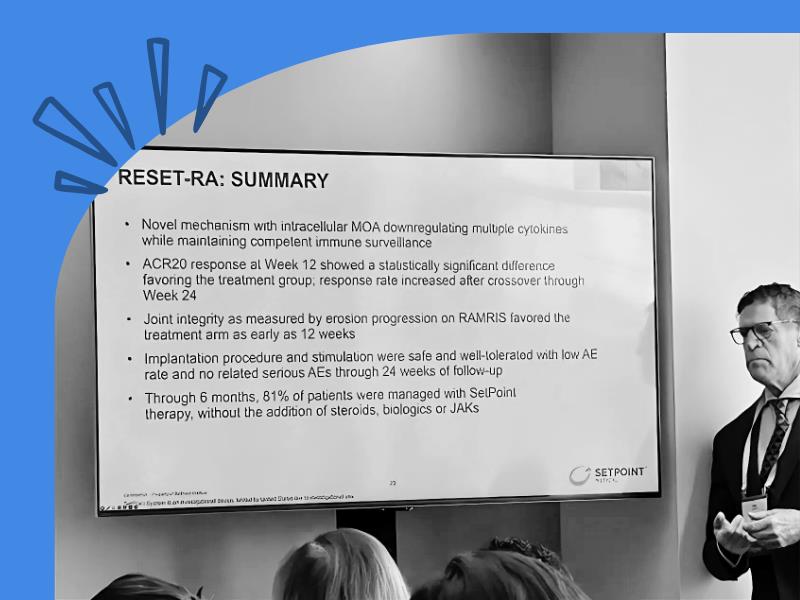Ankylosing Spondylitis and Pregnancy
Ankylosing spondylitis (AS) is a chronic disease that causes inflammation of the spine. It usually progresses over time. Back pain is the most common symptom. AS is one of a group of diseases called spondyloarthropathies that includes PsA too. People with the gene HLA-B27 are susceptible to developing AS, but not everyone with this gene gets the disease.
AS inflammation usually affects the sacroiliac joints of the lower spine, but may be found in other joints like the feet, shoulders, ribs, knees and hips. AS often affects the entheses, or the places where tendons and ligaments attach to bones at the joints. Organs like the eyes and bowels may also become inflamed, and more rarely, the heart and lungs.
There is limited data about how AS changes in pregnancy, but most women have symptoms in pregnancy that are fairly similar to their symptoms before pregnancy. So if you have low back pain or other problems, you’ll probably still have these when you’re pregnant. Talk with your rheumatologist about ways to treat symptoms like back pain or inflamed bowels during your pregnancy.
Moms with AS are probably just as likely as any other women to carry their babies to full term, and give birth to healthy babies. However, AS may cause problems for women after delivery as they try to care for their newborn baby. Around 65% of women with AS in one study had trouble with physical tasks related to caring for their newborn because of their symptoms: lifting, carrying or bathing, for example. This is not just a problem for women with AS, but is common for all women with arthritis of any kind.
Women with AS whose disease activity is not well controlled when they conceive often experience aggravated symptoms during their pregnancy, and strong flares after delivery. In one study, 60% of women had a flare within six months of giving birth.
Women with AS whose disease is not well controlled may have severe lower back pain or stiffness. This could make delivery more difficult in some cases. It may be harder for you to keep your legs open during a long labor. Severe spine stiffness may affect your ability to have an epidural, which numbs the lower body during labor. Talk to your doctor about how to manage your pain or stiffness during labor.
Because AS is caused by the HLA-B27 gene, your baby may inherit the gene too. This doesn’t mean that your child will grow up to develop active AS, but he or she may be susceptible to it. Couples can have genetic testing and counseling prior to conception to learn more about the risk of their baby developing AS, and what signs to watch for as the baby grows up.





